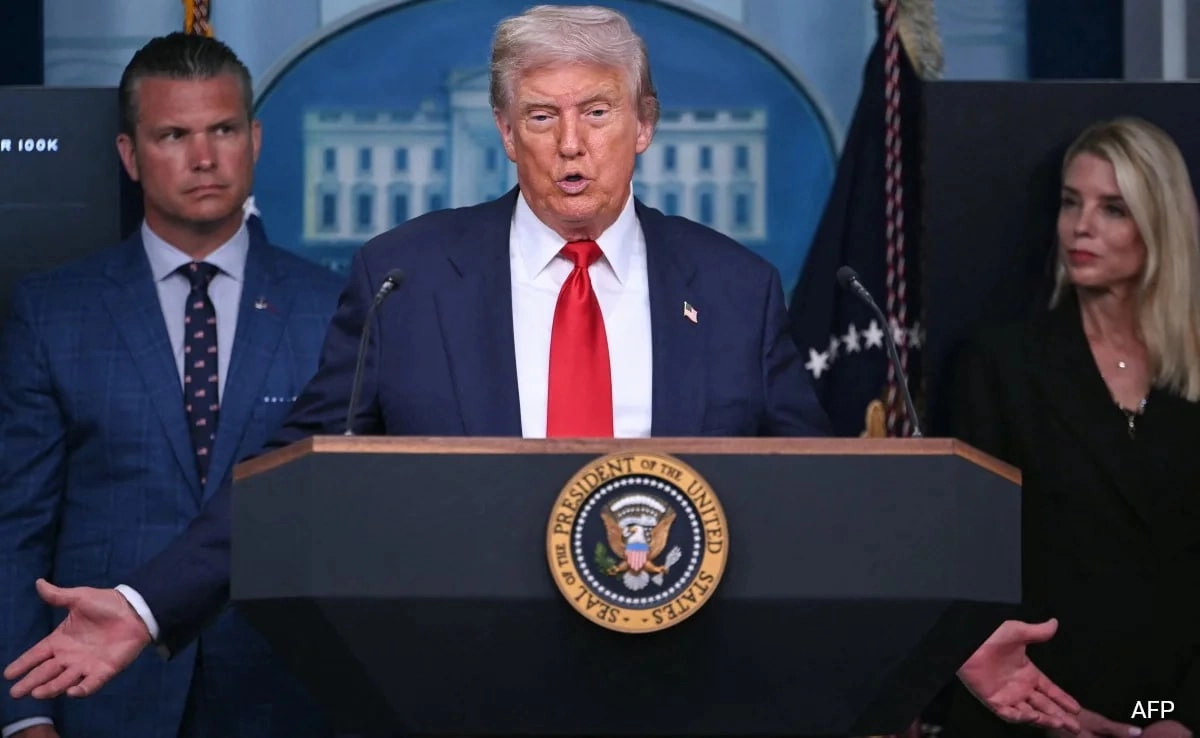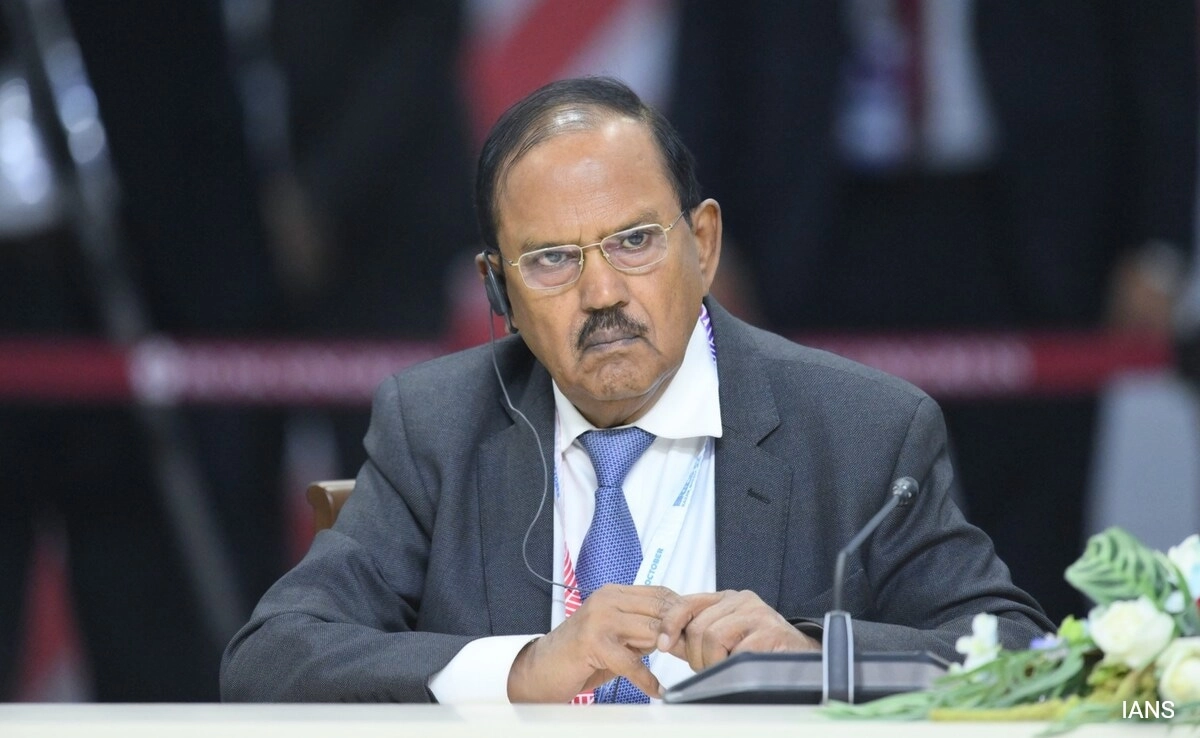In a significant escalation of security measures in Washington, D.C., the National Guard has been deployed as former President Donald Trump assumes control over the city’s police forces. This unprecedented move has raised eyebrows and sparked discussions about the implications for law enforcement and civil liberties. The deployment comes in the wake of rising tensions and unrest, prompting authorities to bolster security in anticipation of potential protests and demonstrations. The presence of the National Guard is intended to provide additional support to local law enforcement, ensuring that the city remains secure during a time of heightened alert.
The decision to deploy the National Guard reflects a broader strategy to maintain order and prevent any disruptions that could arise from political dissent. As Trump takes the reins, many are questioning the motivations behind this decision and its potential impact on the relationship between the federal government and local police departments. Critics argue that this move could undermine the autonomy of local law enforcement agencies, while supporters contend that it is a necessary step to safeguard public safety amid a volatile political climate. The presence of the National Guard in the capital serves as a reminder of the ongoing tensions that have characterized American politics in recent years.
Furthermore, the deployment raises important questions about the balance between security and civil rights. As the National Guard integrates with local police forces, there are concerns about the potential for excessive force or the suppression of peaceful protests. The historical context of military involvement in domestic law enforcement adds another layer of complexity to the situation. Many citizens recall instances where the presence of military personnel has escalated tensions rather than alleviating them. As the situation unfolds, it will be crucial for both the government and the public to navigate these challenges thoughtfully, ensuring that the rights of individuals are respected even in the pursuit of order and security.
As Trump assumes control, the dynamics of governance in Washington are shifting, and the deployment of the National Guard is emblematic of a broader trend toward increased federal involvement in local issues. This development highlights the intricate relationship between federal authority and local governance, raising questions about accountability and oversight. The coming days will likely reveal how this partnership between the National Guard and local police unfolds, and whether it will indeed enhance security or lead to further divisions within the community. The eyes of the nation are on Washington as the implications of this significant decision play out, shaping the future of law enforcement and civil rights in America.




